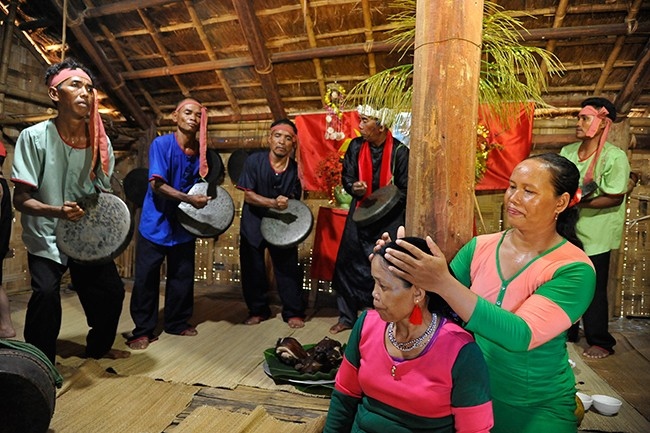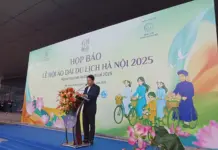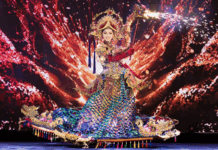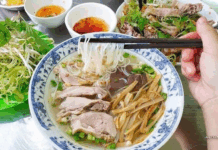The ritual demonstrates the profound life philosophy of the Raglai people, which children must perform while their parents are still alive.
The ritual is often held when the children are grown up and have their own family as an opportunity to thank their parents for giving birth and bringing them up until they get married. The Raglai consider the ritual community business.
Depending on economic conditions, the children will organize the ceremony 3 or 5 years after their marriage.
“Parents have the merit of raising children until they grow up, marry, and have their own family. The children will organize a filial deity ceremony to pay gratitude to their parents,” says Ka to Hoa of Phuoc Binh commune.
The offering includes chicken, pork dishes, and liquor. The children prepare a suit, a necklace, a towel, and a bowl for their mother. The gifts for their father are a suit and a ring.
“A child holds one ceremony for their parents in their life. If a couple has 4 children, they will have 4 filial piety ceremonies. The children should hold a piety for their parents 3 to 5 years after they get married. Hold a filial piety for parents when they are alive, don’t do it when they die,” elaborates Pi Nang Chac of Phuoc Hoa commune.

The Raglai hold this ceremony for parents to wish them longevity and happiness and to show their pride to the neighbors. All relatives and neighbors attend the ceremony to share the happiness.
At the filial piety ritual, people pray to their ancestors to bless them with a full-stock of rice and corn. After the ritual all participants eat, sing, and dance together. It’s an opportunity for all relatives to unite for family bonding.
The Offering Ceremony at the Hamlet Entrance of the M’nong People
The offering ceremony at the hamlet entrance is considered the year’s most important communal activity the M’nong people. It is often held in late March and early April of the lunar calendar with the aim of praying to the genies for good weather, bumper crops, health and luck all year round.









